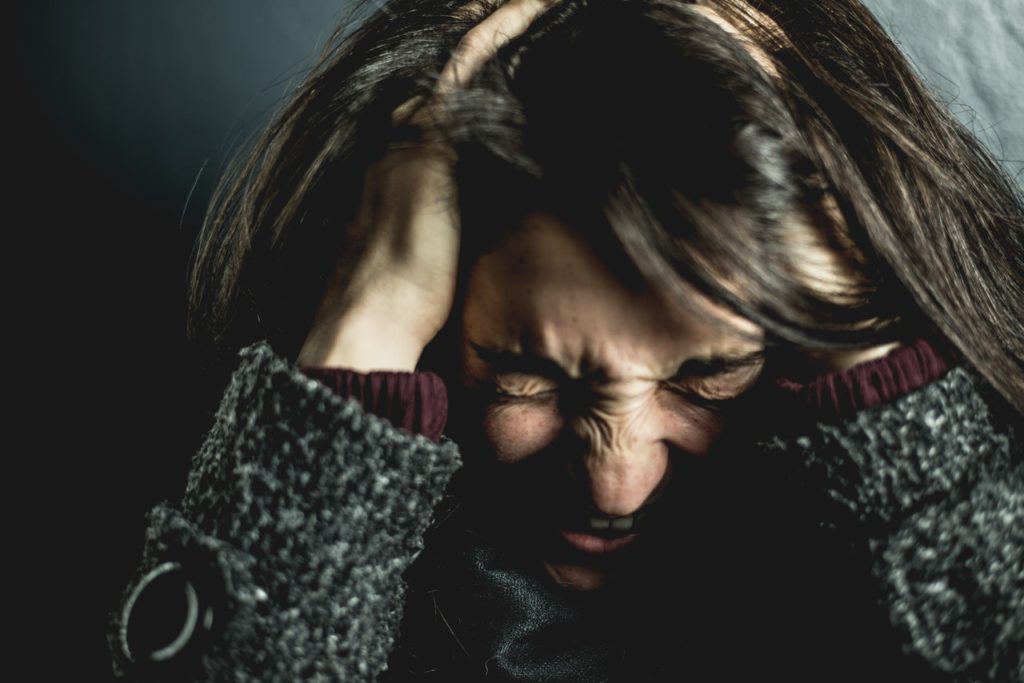Nearly 19 million people in the U.S. suffer from some sort of phobia. What does this term mean and what can you do about it? Let’s take a look.
What Is A Phobia?
Phobia is typically used to describe the fear of a particular object or situation. However, it can be categorized into three main forms: specific phobia, agoraphobia, and social phobia.
Specific phobia is an extreme and intense fear of a particular triggering element. This may often be an irrational fear. Social phobia is also referred to as social anxiety, and is the overwhelming fear of being in public spaces or in large gatherings where you may humiliate yourself or be judged by others. Agoraphobia is a fear of certain situations that can cause you extreme panic and distress as they’re difficult to escape. For instance, this includes being in an elevator, or in either open or confined spaces. Agoraphobia may also be linked to panic disorder.
With specific phobias such as the fear of cats or being near the ocean, the causes are identifiable and aren’t likely to impact your daily routines. In case of social phobia and agoraphobia, avoiding triggers can be more difficult and hence, these two influence your day-to-day living severely. They’re also known as complex phobias.
What Causes Phobias?
A person usually develops a phobia during their early childhood, in teenage years, or in the early years of adulthood (before the age of 30). Several factors may contribute to this, including past stressful and traumatic experiences, a stressful situation encountered frequently, a frightening event, or even having a close acquaintance or family member “pass on” their fear to you.
Specific phobias typically develop when a child is between the ages of 4 and 8. An early childhood experience that caused significant distress and trauma can be the cause of this, for instance being in an airline disaster or almost drowning in the swimming pool. A child who witnesses their parents exhibit a particular fear is also likely to develop a fear of that same thing.
Causes of complex phobias are more tricky to define, and are attributed to environmental factors, brain chemistry, life experiences, and genetics. However, both specific and complex phobias can be treated.
How Can Phobias Be Treated?
A combination of self-help strategies and behavioral therapy can be effective in treating a vast number of phobias. This includes exposure therapy as well as hypnosis, both of which help you in facing your fears.
While self-help strategies enable you to take the first step, professional help and support should be taken for phobias that trigger uncontrollable anxiety or panic attacks.
Rekha Shrivastava at Blossom Hypnosis provides subconscious mind therapy using hypnosis for individuals wishing to overcome phobias and fears. She also helps in treating anxiety and other psychological conditions.
Book a free consultation at our office in Pittsford or via Skype!
Sources:
https://adaa.org/about-adaa/press-room/facts-statistics



Be First to Comment